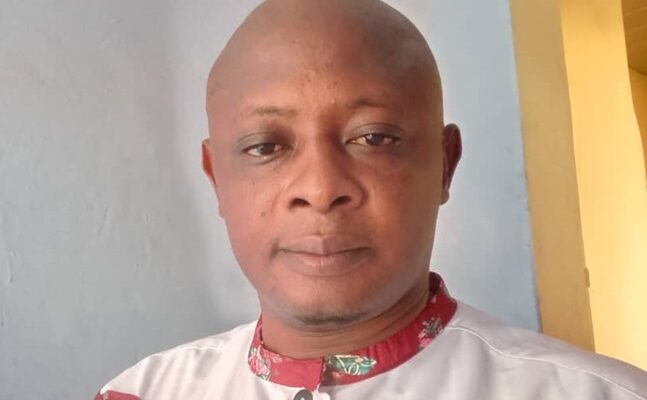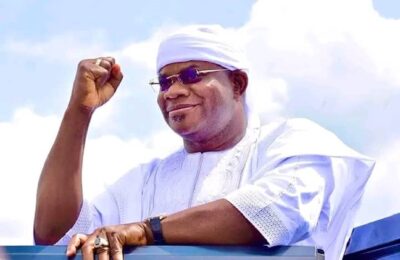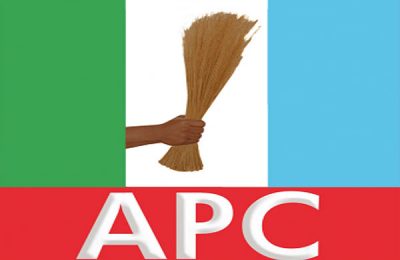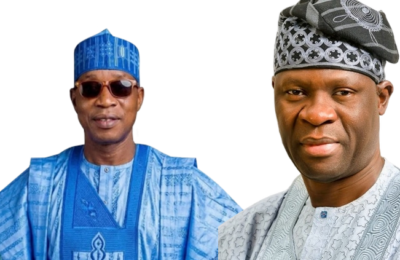Nigeria stands at a critical juncture. At the core of its political struggle lies a battle not just for power, but for the very essence of its leadership. Two distinct forces are in opposition—one familiar, deeply entrenched, and manipulative, while the other, though hopeful, is yet to fully take root. On one side, street politicians—who thrive on survivalist tactics, manipulation, and promises seldom fulfilled. On the other, the ideal statesman, a visionary leader, whose pursuit of power is driven not by personal gain, but by service to the nation and the desire to create a brighter, more prosperous future.
“In the end, it’s not the years in your life that count, it’s the life in your years.” – Abraham Lincoln. These words speak to a timeless truth that often goes overlooked in the frantic race for power: leadership should not be measured by time served but by the legacy left behind. Many of Nigeria’s political leaders, however, have traded meaningful legacies for short-term triumphs. Street politicians, well-versed in the art of manipulation, have made power their personal currency, using it to maintain their grip on the system. Their success in Nigerian politics comes not from promoting sustainable change, but from an ability to navigate the muddy waters of personal advantage. They leverage divisions—whether ethnic, religious, or regional—only to deepen them for their own benefit.
In this environment, power becomes a tool for survival, rather than a means to create a better future. Promises are made with little intention to fulfill them, and loyalty is a commodity to be bought rather than earned. Street politicians play a transactional game of politics, where the interests of the people are secondary to their own thirst for control. This system prevents progress, fosters inequality, and hinders Nigeria from reaching its full potential. It is no longer enough to criticize this leadership; we must recognize that it is time for something different—something better.
“The function of leadership is to produce more leaders, not more followers.” – Ralph Nader. To move forward, Nigeria must develop a leadership model where those in power are not simply puppets of a corrupt system, but individuals who inspire the next generation of leaders. Ideal statesmen embody this principle. Their leadership is not about personal aggrandizement, but about service to the people, dedication to justice, and a vision for the future. They do not lead by dividing the populace for political gain; instead, they unite it through policies that address the needs of the people, ensuring that the benefits of governance reach every citizen.
An ideal statesman does not seek power for the sake of power. They do not use their position to build personal wealth, but to elevate the nation. Their leadership is rooted in integrity and transparency, values that have sadly been in short supply in much of Nigerian politics. When these leaders make promises, they deliver. They understand that governance is about long-term investments in the people—their education, their welfare, their security. It is through such leadership that Nigeria can move beyond the cycle of disillusionment and frustration that has characterized its political history.
“The best way to predict the future is to create it.” – Abraham Lincoln. The future of Nigeria is not something that will simply happen. It is something that must be created, and that creation rests in the hands of its leaders. The nation is at a crossroads, and it is clear that the road to progress lies not in the continued dominance of street politicians, but in the emergence of ideal statesmen who place the common good above personal interest. Such leaders are visionaries, but more importantly, they are action-oriented, understanding that words without deeds are meaningless. They prioritize policies that will leave Nigeria better than they found it, investing in infrastructure, education, healthcare, and the empowerment of the people.
“I am not a product of my circumstances. I am a product of my decisions.” – Stephen R. Covey. The decisions made today will shape Nigeria’s tomorrow. The power to create change lies within us, the citizens. It is no longer enough to accept the status quo; we must demand a leadership that serves the people with integrity, vision, and purpose. Ideal leadership is not about preserving an old order; it is about breaking free from the chains of corruption and incompetence that have held Nigeria back for far too long. The time has come to reject mediocrity and embrace a leadership that will build a better, more just society.
Nigerians deserve more than the politics of division, more than the empty promises of street politicians who see power as a means to their own end. We need leaders who inspire hope, who lead with vision, and who seek to serve rather than rule. The ideal statesman understands that leadership is not about personal enrichment, but about leaving a lasting legacy that will empower future generations. They lead not from a place of power but from a place of humility, service, and commitment to the common good.
As we look to the future, the question remains: will we continue to allow street politicians to define our destiny, or will we demand a new kind of leadership—one that truly represents the hopes, dreams, and aspirations of the Nigerian people? The answer to this question will determine whether Nigeria continues to be mired in division and corruption or rises to the challenges of a brighter future. The choice is ours, and the time to act is now.
In the end, the battle for Nigeria’s soul is not a battle between parties or factions; it is a battle for the kind of leadership that will truly serve the people. Let us choose wisely, for the future of Nigeria depends on it.
– Inah Boniface Ocholi writes from Ayah – Igalamela/Odolu LGA, Kogi state.
08152094428 (SMS Only)




